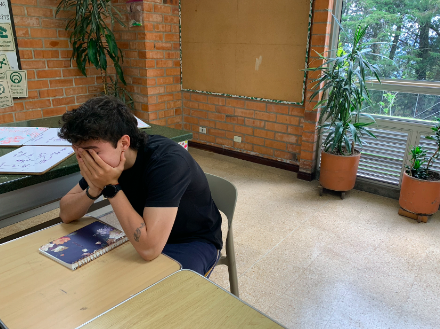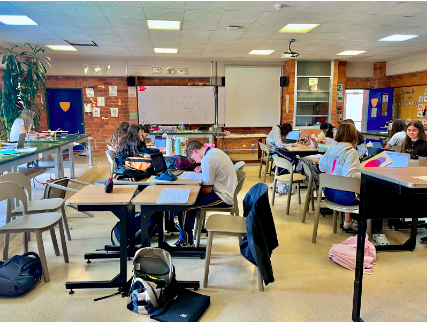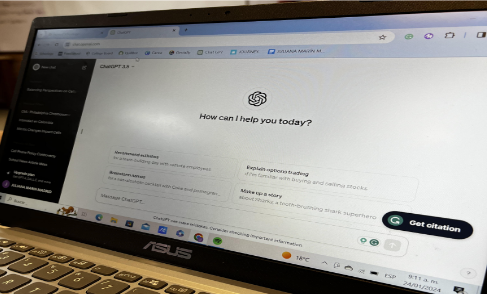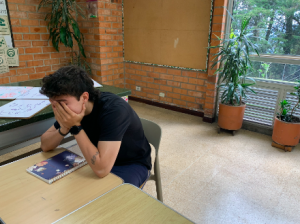Language De-evolution at TCS
The school is stuck. It is stuck in a curriculum that was good enough for the last century but is insufficient in our contemporary world. In a constantly changing landscape, The Columbus School should keep up with it. Of the 35+ electives, zero relate to language-learning. Thus, considering the numerous psychological benefits learning a third language can bring, the school should seriously contemplate offering a class to teach it. In the past, bilingual people were scarce, giving them an advantage over other schools. As stated by Psychology Today, “Back in 1980, the percentage of bilinguals was 10.68% whereas in 2016, the last ACS survey for which we have data, it was 20.14%, practically a doubling of the number.” As society becomes more competitive and people acquire a wider skillset, a third language could be a decisive factor in order to stand out from others when applying for a job or college.
When it comes to the real world and the rest of our lives, communication is the key to success. Being able to communicate with people from divergent places can make a difference when wanting to make business with them, get a new job or even just move to another country. Some languages have a tremendous influence over careers making them useful when it comes to work. For example, it is recommended for people in the medical field to learn Latin for the usage and understanding of the technical vocabulary. When I sit down and think about the feature the first thing I wonder is what I can do to be the best in the career I decide to follow. As someone that wants to study business in another country, I would have benefited immensely by knowing another language, in being able to communicate and do business with people from other parts of the world. In addition, business is not the only career in which people would benefit from knowing another language. As stated by the English First Organization, the befitting language for each profession is: German for a career in science, finance/banking, literature/publishing, and engineering; Mandarin Chinese for business or tourism; Italian for a career in the arts, fashion, design, (classical) music, luxury goods, and anything culinary; lastly, Japanese for manufacturing, engineering, or research and development.
Furthermore, learning a language develops the brain and improves its executive function. “The research on being bilingual is that if you learn two languages it is actually very good for your brain,” Matt Hajdun, The Columbus School’s language development coordinator, said. Moreover, learning a second language has been proven to improve memory and thinking skills. According to WHITBY, “Because the language centers in the brain are so flexible, learning a second language can develop new areas of your mind and strengthen your brain’s natural ability to focus.” These are factors that the school should consider in order to challenge the students. According to the Huffington Post,“The benefits of bilingualism, from increased creativity to the delayed onset of Alzheimer’s, should encourage everyone to pick up a second – or third! – language.” Having TCS offer another language or at least have language electives could impact students’ futures.



























